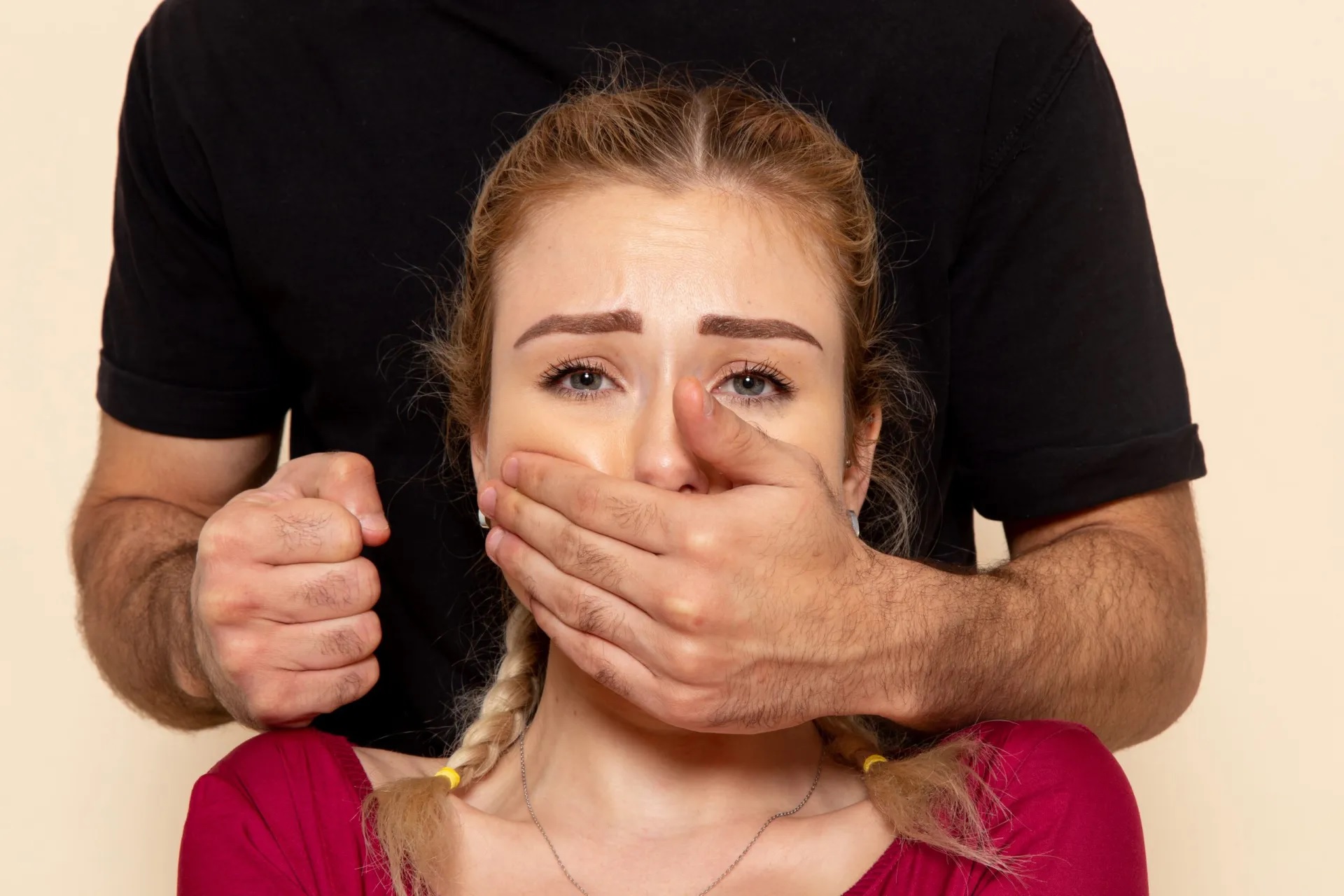
Twenty years ago, I was drugged and raped by a guy I just started dating.
To say that the helplessness I felt about being in and out of consciousness while being assaulted, and not being able to move, was traumatizing is an understatement.
But what devastated my psyche the most was the fact that he was someone I seriously considered as a potential life partner. He was a gorgeous, articulate, youth pastor studying in seminary. Little did I know that underneath all that smooth, suave exterior was a predator within.
While I did not feel empowered enough to file a case because I knew our dating history would put my story in question, the fighter in me had the audacity to demand a face-to-face confrontation with him after the incident. I wanted to know why. I could not understand why he would resort to robbing me of something that I would have given freely in due time.
He had nothing to say for himself except “I’m sorry.” It was at that moment that I realized that rape is not an issue of an overwhelming desire for someone but of the need to exert power over that person.
Too often, victims of rape blame themselves for being assaulted. This is especially true for those who know their attacker, or do not fight back, or those who feel that they deserved it because of their bodies’ pleasurable physiological responses to the rape. Society also often has this undercurrent of victim blaming, of “oh she was asking for it” or “she’s a flirt.” Too often victims ask:
“Was it really my fault?” asked the Short Skirt. “No, it happened with me too,” replied the Burka. The diaper in the corner couldn’t even speak. -Darshan Mondkar
Because even at a young age I promised myself that I would succeed even if it killed me, I put up this put-together persona that enabled me to get on with life and have all the trappings of success as society defines it.
But as with all trauma that we compartmentalize, a point came in my life when the doors would no longer stay shut. I told friends and family and even sought the help of a psychologist and a psychiatrist but alas, they were woefully inadequate in helping me heal the wounds of the past.
The trauma ran too deep. I drew blood from my husband when I bit him because he held me the wrong way.
The journey to healing was long, painful and gut-wrenching but it was worth it. I realized how in the Philippines, especially in Davao, good therapists are few and far between. But when I did find the right one, we slowly allowed the pus to ooze and completely drained it with prolonged exposure therapy. I stopped being a rape victim and became a rape survivor.
While the real figures of the prevalence of rape in the Philippines is difficult to definitively ascertain, it is said that at least one woman is raped every hour. Every hour, a woman’s life trajectory changes. Every hour, a woman is brutalized and robbed of her power. Every hour a woman runs the risk of getting pregnant by her rapist. This is the reason why I advocate for abortion. Nobody should have to raise the living reminder of her attacker.
Having said all that, you may wonder why I am speaking about something so deeply personal. I am doing so because it is time to normalize and destigmatize the conversation around rape. I realized that in being very open about my experience, I am not just owning my voice but giving voice to the voiceless.

